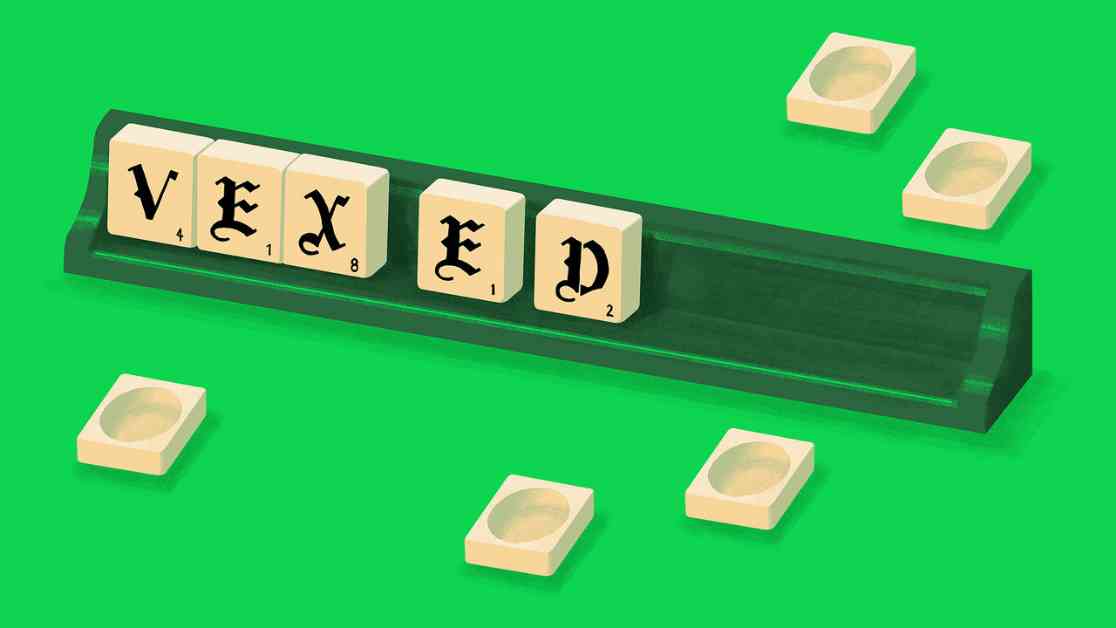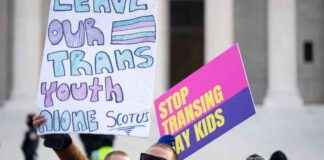The recent revamp of the classic game Scrabble has sparked controversy and conversation around the world. On April 9th, the Daily Mail boldly declared “THICK” in response to the game’s new look, featuring a double-sided board aimed at making the game more accessible and inclusive. This move, dubbed “woke Scrabble,” has left many questioning the impact it will have on society.
Challenges and Controversies Surrounding Woke Scrabble
The introduction of woke Scrabble has raised a myriad of challenges and controversies within the gaming community. Traditionalists argue that changing the game’s format dilutes its competitive nature and diminishes the skill required to excel. Some players fear that simplifying the design may cater too much to casual players, losing the essence of the game that has captivated enthusiasts for decades.
Expert Scrabble player and linguist, Dr. Emily Johnson, weighed in on the debate, stating, “While the intention behind woke Scrabble is noble, we must consider how it may impact the integrity of the game. Scrabble has always been a test of vocabulary, strategy, and skill. Altering its core elements risks alienating dedicated players who have honed their craft over years.”
The Evolution of Board Games in Modern Society
The evolution of Scrabble mirrors a larger trend in the board game industry towards inclusivity and accessibility. With the rise of social awareness and the push for diversity in all facets of life, board game companies are under pressure to adapt and cater to a broader audience. Woke Scrabble is just one example of how traditional games are being reimagined to align with modern values and sensibilities.
As board games continue to evolve, it is crucial for companies to strike a balance between innovation and tradition. While updating games to reflect contemporary values is essential, maintaining the essence and challenge of the original game is equally important. Finding this delicate balance will be key to ensuring the longevity and relevance of classic games like Scrabble in today’s society.
In conclusion, the impact of woke Scrabble on society remains to be seen. While the game’s new design may open doors for new players and promote inclusivity, it also raises questions about the future of traditional games in a rapidly changing world. As we navigate this shift in the gaming landscape, it is vital to cherish the heritage and legacy of games like Scrabble while embracing the need for progress and adaptation. Only time will tell how woke Scrabble will shape the future of gaming and society as a whole.



















